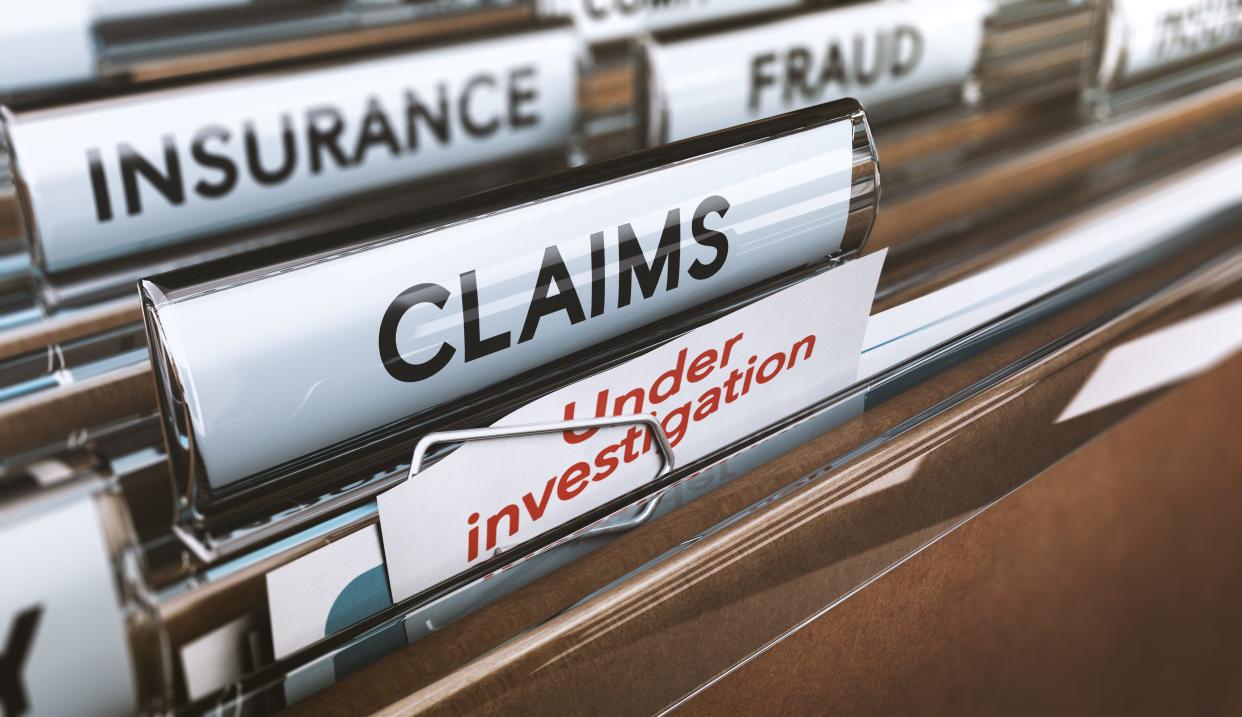Maryland man defrauded feds and 7 states out of COVID-19 relief and unemployment funds

A Maryland man was sentenced for illegally obtaining $2 million in COVID-19 relief funds and submitting fraudulent unemployment insurance applications to New Jersey and six other states, according to the U.S. Attorney's Office, New Jersey.
Mohammed Kamara, 43, was sentenced to 6 1/2 years in prison after pleading guilty to wire fraud and conspiracy to commit wire fraud.
According to the prosecution, Kamara falsified governmental applications for business loans to which he was not entitled. The relief loans were meant for struggling businesses that were forced to close their doors during the pandemic.
“These relief programs were set up to provide financial help to Americans who were struggling to cope with the COVID-19 pandemic,” said U.S. attorney Philip Sellinger. “Trying to turn them into a cash machine for personal benefit will only get you what this defendant got today – a prison sentence."
In 2020, Kamara also submitted fraudulent applications to the state of New Jersey and six other states for unemployment insurance benefits using other people's names, dates of birth, and/or Social Security numbers. The states provided more than $1 million, including funds to an account Kamara controlled.
Between March and October 2020, Kamara and his conspirators made fraudulent applications for Economic Injury Disaster Loans using information belonging to other individuals and entities without their consent. They also opened bank accounts using fraudulent documents.
More: Beware of gift card fraud. NJ Consumer Affairs issues alert.
In addition to the prison term, Newark federal court sentenced Kamara to three years of supervised release.
The District of New Jersey COVID-19 Fraud Enforcement Strike Force is one of five of its kind established nationwide by the U.S. Department of Justice to investigate and prosecute COVID-19 fraud.
This article originally appeared on Asbury Park Press: U.S. federal court convicts Maryland man for COVID-19 relief fraud
